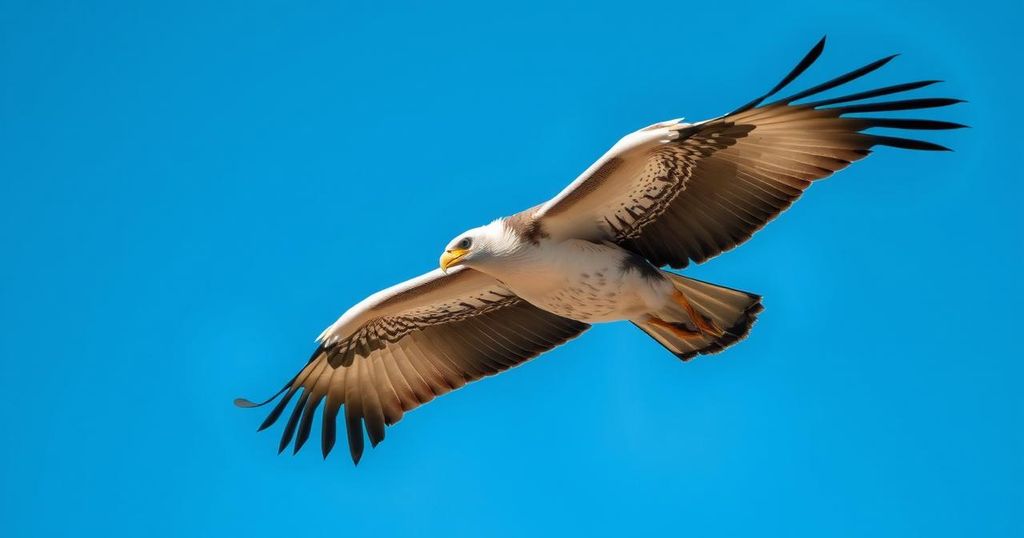South Africa Hosts Vulture Release Event to Aid Conservation Efforts

- A vulture release event was held recently in South Africa.
- The initiative aims to rehabilitate endangered vultures.
- Community participation is crucial in conservation efforts.
Vulture Release Program in South Africa
In a recent vulture release event held in South Africa, conservationists took significant strides in safeguarding this endangered species. The program aimed to rehabilitate and release vultures back into their natural habitat, highlighting a steadfast commitment towards wildlife conservation. These majestic birds, often misunderstood, play an essential role in the ecosystem by cleaning up carrion and preventing the spread of diseases.
Addressing Vulture Conservation Challenges
The initiative is part of a broader effort to combat the declining numbers of vultures in the region, a decline attributed to poisoning and habitat loss. The participation of local communities is crucial, as education about vultures fosters a greater understanding and appreciation for these creatures. Experts believe that success hinges not only on rehabilitation but also on community involvement and sustainable practices to ensure the vultures remain protected.
Community Engagement in Conservation Efforts
As the event unfolded, attendees were treated to an informative session about the ecological importance of vultures and the threats they face. The release of several vultures drew positive reactions, symbolizing hope and resilience for conservation efforts in South Africa. It underscored the importance of collective action in the fight to ensure that these birds do not join the ranks of endangered species permanently.
The vulture release event in South Africa represents a significant milestone in conservation efforts. With community involvement and awareness as key components of success, this initiative aims to ensure the survival of vultures in their natural habitat. Going forward, such programs will be essential in reversing the declines witnessed within the species and promoting biodiversity.








